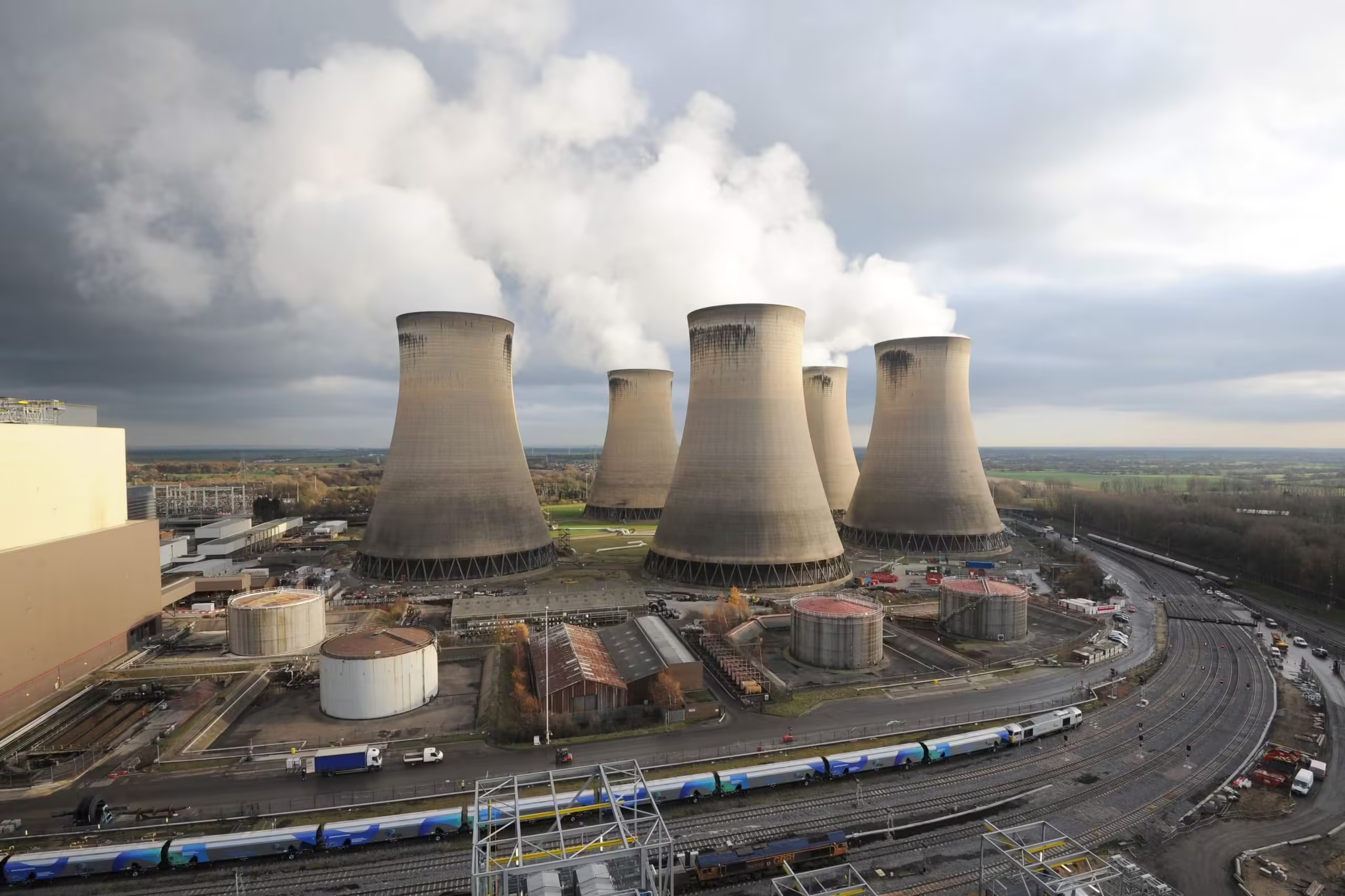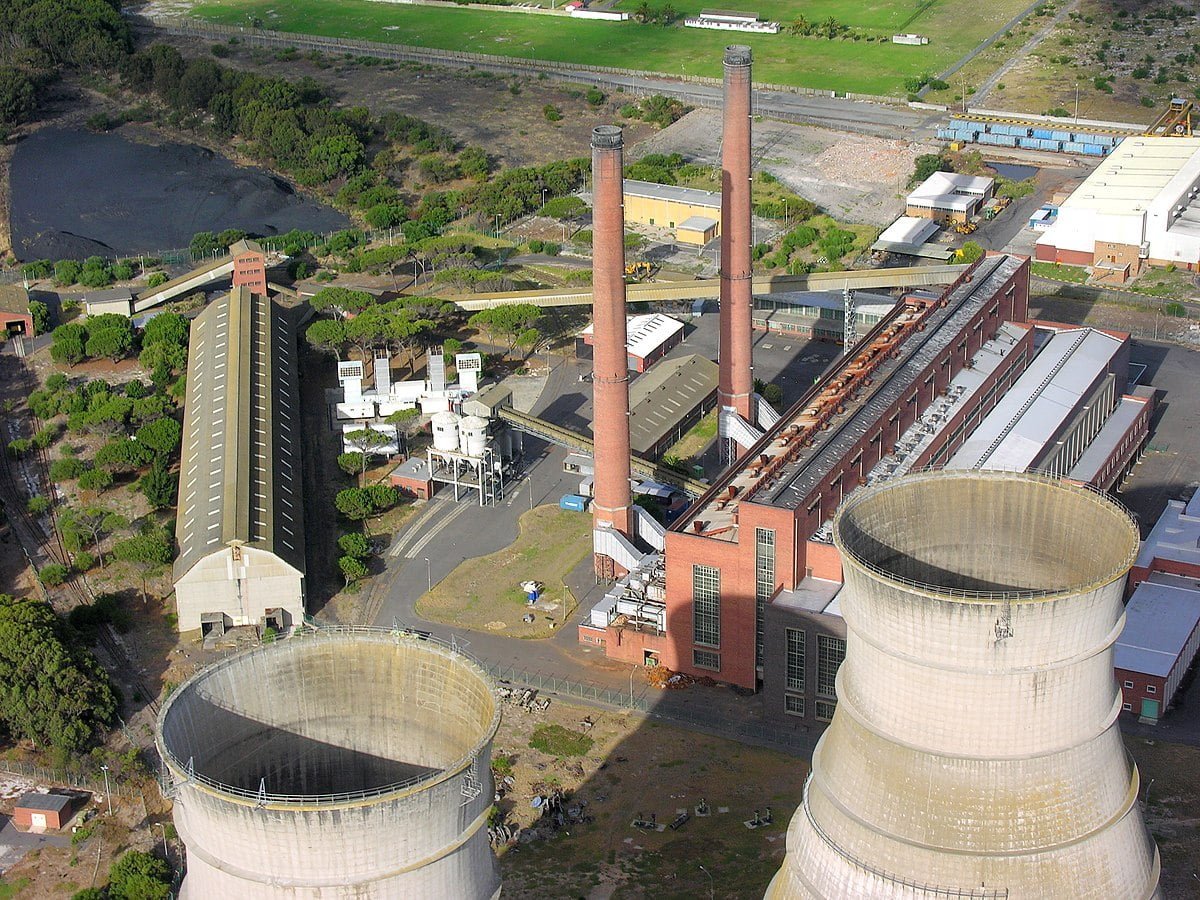Power plant-ready pellets are poised to revolutionize the energy sector with their standardized production processes and high energy density, ensuring efficient and reliable fuel supply for biomass power plants.
Why Vietnamese Pellets are the Top Choice for Power Plants Worldwide
Vietnamese pellets have emerged as a top choice for power plants worldwide due to their numerous advantages and benefits. As the demand for sustainable energy sources continues to grow, Vietnamese pellets have gained recognition for their high energy density, consistent quality, and compatibility with existing power plant infrastructure.
Additionally, Vietnamese pellets adhere to strict quality standards and offer cost-effectiveness compared to other fuel sources. Furthermore, the use of Vietnamese pellets has significant environmental benefits, including a reduction in greenhouse gas emissions and lower environmental impact compared to fossil fuels.
With their availability and accessibility, Vietnamese pellets have the potential to contribute significantly to the global energy mix and play a crucial role in reducing carbon emissions.
The Growing Demand for Sustainable Energy Sources
The increasing demand for sustainable energy sources is driven by several factors. Firstly, there is a growing awareness of the environmental impact of traditional energy sources such as coal and oil. These fossil fuels contribute significantly to greenhouse gas emissions, which are a leading cause of climate change. As a result, governments and organizations worldwide are seeking alternative energy sources that can reduce carbon emissions and mitigate the effects of climate change.
Renewable energy plays a vital role in meeting this demand for sustainable energy sources. Renewable energy sources such as solar, wind, hydro, and biomass offer clean and abundant sources of power generation. These sources are naturally replenished and do not deplete natural resources or contribute to greenhouse gas emissions. As a result, renewable energy has become an essential component of global efforts to transition to a low-carbon economy.
The Advantages of Using Vietnamese Pellets for Power Generation
Vietnamese pellets offer several advantages that make them an ideal choice for power generation. Firstly, they have a high energy density, which means they can produce more heat per unit of weight compared to other fuel sources. This high energy density makes Vietnamese pellets highly efficient and cost-effective for power plants.
Additionally, Vietnamese pellets have low moisture content, which ensures consistent combustion and reduces the risk of corrosion in power plant equipment. The low moisture content also contributes to the high energy efficiency of Vietnamese pellets.
Furthermore, Vietnamese pellets have consistent quality and low ash content. This ensures that power plants can operate smoothly without interruptions or equipment damage caused by impurities. The low ash content also reduces the need for frequent maintenance and cleaning, resulting in cost savings for power plant operators.
Moreover, Vietnamese pellets are compatible with existing power plant infrastructure. This means that power plants can easily switch from traditional fuel sources to Vietnamese pellets without significant modifications or investments in new equipment. This compatibility makes Vietnamese pellets a convenient and practical choice for power generation.
The Quality Standards of Vietnamese Pellets
Vietnamese pellets adhere to strict quality standards to ensure their sustainability and environmental impact. These quality standards include criteria such as moisture content, ash content, calorific value, and particle size distribution.
The moisture content of Vietnamese pellets is typically below 10%, ensuring efficient combustion and reducing the risk of corrosion in power plant equipment. The low moisture content also contributes to the high energy efficiency of Vietnamese pellets.
The ash content of Vietnamese pellets is typically below 3%, ensuring minimal impurities and reducing the need for frequent maintenance and cleaning in power plants. The low ash content also contributes to the consistent quality and smooth operation of power plant equipment.
For more details about industrial wood pellet grades, read this article!
The calorific value of Vietnamese pellets is typically above 4,000 kcal/kg, ensuring high energy density and efficient heat production. This high calorific value makes Vietnamese pellets a cost-effective choice for power generation.
The particle size distribution of Vietnamese pellets is typically within a specific range to ensure optimal combustion and minimize emissions. This particle size distribution ensures that power plants can achieve maximum efficiency and comply with environmental regulations.
Furthermore, Vietnamese pellets comply with international standards for sustainability and environmental impact. These standards include criteria such as traceability, legality, and responsible sourcing. By adhering to these standards, Vietnamese pellets ensure that they are produced in an environmentally responsible and sustainable manner.
The Cost-effectiveness of Vietnamese Pellets for Power Plants
Vietnamese pellets offer cost-effectiveness compared to other fuel sources for power plants. The cost of Vietnamese pellets is competitive with traditional fuel sources such as coal and oil. Additionally, the high energy density of Vietnamese pellets means that power plants can generate more heat per unit of weight, resulting in cost savings.
Furthermore, the long-term cost savings of using Vietnamese pellets can be significant. As the demand for sustainable energy sources continues to grow, the price of traditional fuel sources such as coal and oil is expected to increase. In contrast, the price of Vietnamese pellets is expected to remain stable or even decrease due to increased production and distribution.
Moreover, the use of Vietnamese pellets can result in cost savings in terms of maintenance and cleaning. The low ash content of Vietnamese pellets reduces the need for frequent maintenance and cleaning in power plants, resulting in lower operational costs.
Additionally, the compatibility of Vietnamese pellets with existing power plant infrastructure means that power plants do not need to invest in new equipment or modifications. This compatibility further contributes to the cost-effectiveness of Vietnamese pellets for power generation.
The Environmental Benefits of Using Vietnamese Pellets
The use of Vietnamese pellets has significant environmental benefits compared to traditional fuel sources such as coal and oil. Firstly, the combustion of Vietnamese pellets produces fewer greenhouse gas emissions, including carbon dioxide (CO2), methane (CH4), and nitrous oxide (N2O). These greenhouse gases are major contributors to climate change and global warming. By reducing greenhouse gas emissions, the use of Vietnamese pellets helps mitigate the effects of climate change.
Furthermore, the lower environmental impact of Vietnamese pellets compared to fossil fuels is evident in several aspects. Firstly, the production process of Vietnamese pellets involves sustainable forestry practices and responsible sourcing. This ensures that the production of Vietnamese pellets does not contribute to deforestation or habitat destruction.
Secondly, the combustion of Vietnamese pellets produces minimal air pollutants such as sulfur dioxide (SO2), nitrogen oxides (NOx), and particulate matter (PM). These air pollutants are harmful to human health and contribute to air pollution. By reducing air pollutants, the use of Vietnamese pellets improves air quality and protects public health.
Moreover, the use of Vietnamese pellets reduces the reliance on fossil fuels, which are finite resources. By transitioning to renewable energy sources such as Vietnamese pellets, power plants can contribute to the conservation of natural resources and reduce the environmental impact of energy production.
The Availability and Accessibility of Vietnamese Pellets
Vietnamese pellets are readily available and accessible for power plants worldwide. Vietnam has abundant biomass resources, including agricultural residues, wood waste, and forestry residues. These biomass resources can be efficiently converted into pellets for power generation.
Furthermore, Vietnam has a well-established infrastructure for pellet production and distribution. This infrastructure ensures that Vietnamese pellets can be produced in large quantities and delivered to power plants in a timely manner.
Additionally, the accessibility of Vietnamese pellets is facilitated by their compatibility with existing power plant infrastructure. Power plants can easily switch from traditional fuel sources to Vietnamese pellets without significant modifications or investments in new equipment.
Moreover, the availability and accessibility of Vietnamese pellets can be further increased through investments in research and development, as well as collaborations between governments, organizations, and industry stakeholders. These efforts can lead to innovations in pellet production technology and improvements in distribution networks.
The Role of Vietnamese Pellets in Reducing Carbon Emissions
Vietnamese pellets can play a significant role in reducing carbon emissions globally. The combustion of Vietnamese pellets produces fewer greenhouse gas emissions compared to traditional fuel sources such as coal and oil. By replacing these fossil fuels with Vietnamese pellets, power plants can significantly reduce their carbon footprint.
Furthermore, the use of Vietnamese pellets can contribute to the decarbonization of the power generation industry. As more power plants transition to renewable energy sources such as Vietnamese pellets, the overall carbon emissions from the industry can be reduced.
Moreover, the potential impact of Vietnamese pellets on global carbon emissions is significant. As the demand for sustainable energy sources continues to grow, the use of Vietnamese pellets can replace a significant portion of fossil fuel consumption. This substitution can result in a substantial reduction in global carbon emissions and contribute to global efforts to mitigate climate change.
The Contribution of Vietnamese Pellets to the Global Energy Mix
Vietnamese pellets currently make a significant contribution to the global energy mix, and their potential for increased use in the future is promising. The use of Vietnamese pellets for power generation has been steadily increasing due to their numerous advantages and benefits.
Currently, Vietnamese pellets are used in power plants worldwide, including in countries such as Japan, South Korea, and Europe. These power plants have recognized the value of Vietnamese pellets in terms of their high energy density, consistent quality, and compatibility with existing infrastructure.
Furthermore, the potential for increased production and distribution of Vietnamese pellets is significant. Vietnam has abundant biomass resources that can be efficiently converted into pellets for power generation. With investments in research and development, as well as collaborations between governments, organizations, and industry stakeholders, the production and distribution of Vietnamese pellets can be further expanded.
Moreover, the increasing demand for sustainable energy sources and the growing awareness of the environmental impact of traditional fuel sources create favorable conditions for the increased use of Vietnamese pellets in the global energy mix. As more countries and power plants seek to reduce their carbon emissions and transition to renewable energy sources, Vietnamese pellets can play a crucial role in meeting this demand.
The Future of Vietnamese Pellets in the Power Generation Industry
The future of Vietnamese pellets in the power generation industry is promising. The increasing demand for sustainable energy sources and the growing recognition of the advantages and benefits of Vietnamese pellets create favorable conditions for their increased use.
The potential for increased demand and production of Vietnamese pellets is significant. As more countries and power plants seek to reduce their carbon emissions and transition to renewable energy sources, the demand for Vietnamese pellets is expected to grow. This increased demand can lead to investments in research and development, as well as collaborations between governments, organizations, and industry stakeholders, to further improve the production and distribution of Vietnamese pellets.
Furthermore, the role of Vietnamese pellets in the transition to sustainable energy sources is crucial. As power plants worldwide seek to reduce their reliance on fossil fuels and increase their use of renewable energy sources, Vietnamese pellets can provide a reliable and cost-effective alternative. The compatibility of Vietnamese pellets with existing power plant infrastructure makes them a practical choice for power generation.
Vietnamese Pellets as the Ideal Choice for Sustainable Energy Production
In conclusion, Vietnamese pellets have emerged as a top choice for power plants worldwide due to their numerous advantages and benefits. The growing demand for sustainable energy sources and the increasing awareness of the environmental impact of traditional fuel sources create favorable conditions for the increased use of Vietnamese pellets.
Vietnamese pellets offer high energy density, consistent quality, and compatibility with existing power plant infrastructure. They adhere to strict quality standards and comply with international standards for sustainability and environmental impact. Additionally, Vietnamese pellets are cost-effective compared to other fuel sources and offer significant long-term cost savings.
Moreover, the use of Vietnamese pellets has significant environmental benefits, including a reduction in greenhouse gas emissions and lower environmental impact compared to fossil fuels. With their availability and accessibility, Vietnamese pellets have the potential to contribute significantly to the global energy mix and play a crucial role in reducing carbon emissions.
Overall, Vietnamese pellets are an ideal choice for sustainable energy production. Their advantages and benefits make them a practical and cost-effective alternative to traditional fuel sources. With their potential for increased demand and production, Vietnamese pellets can play a significant role in the transition to sustainable energy sources and contribute to global efforts to mitigate climate change.
Originally posted 2024-03-25 10:40:15.


